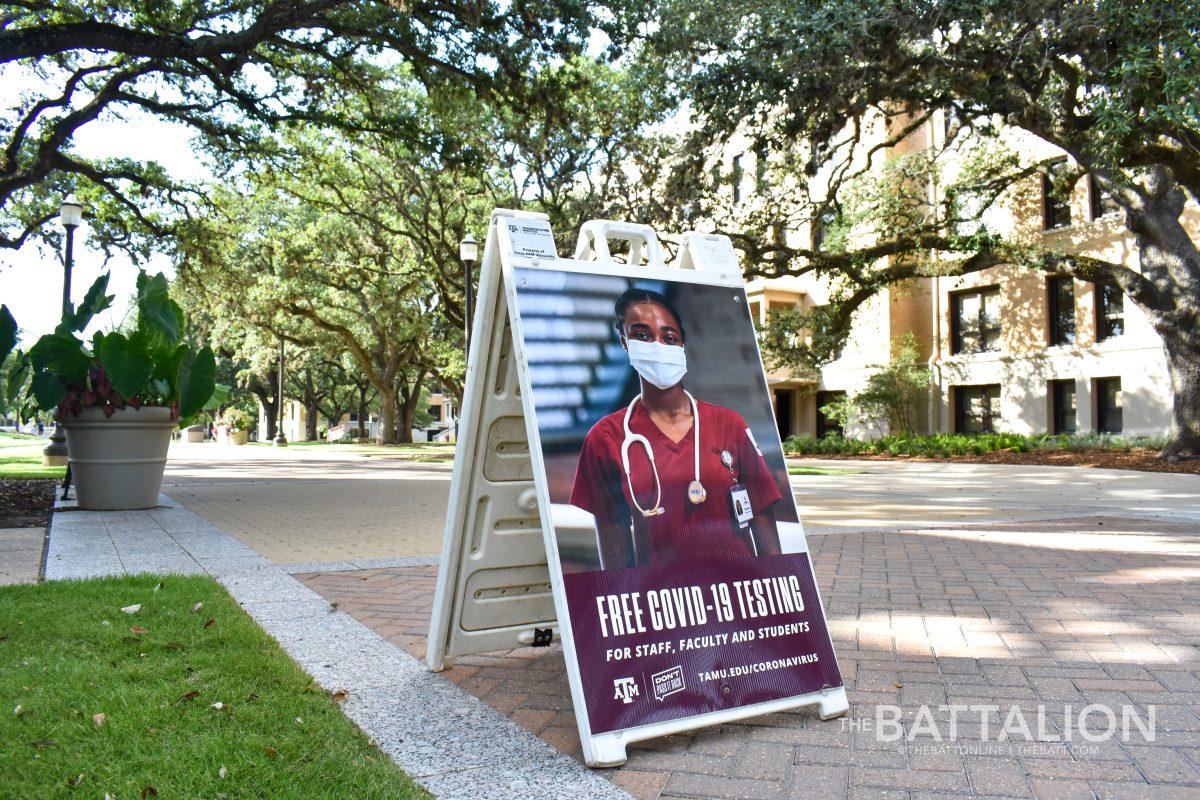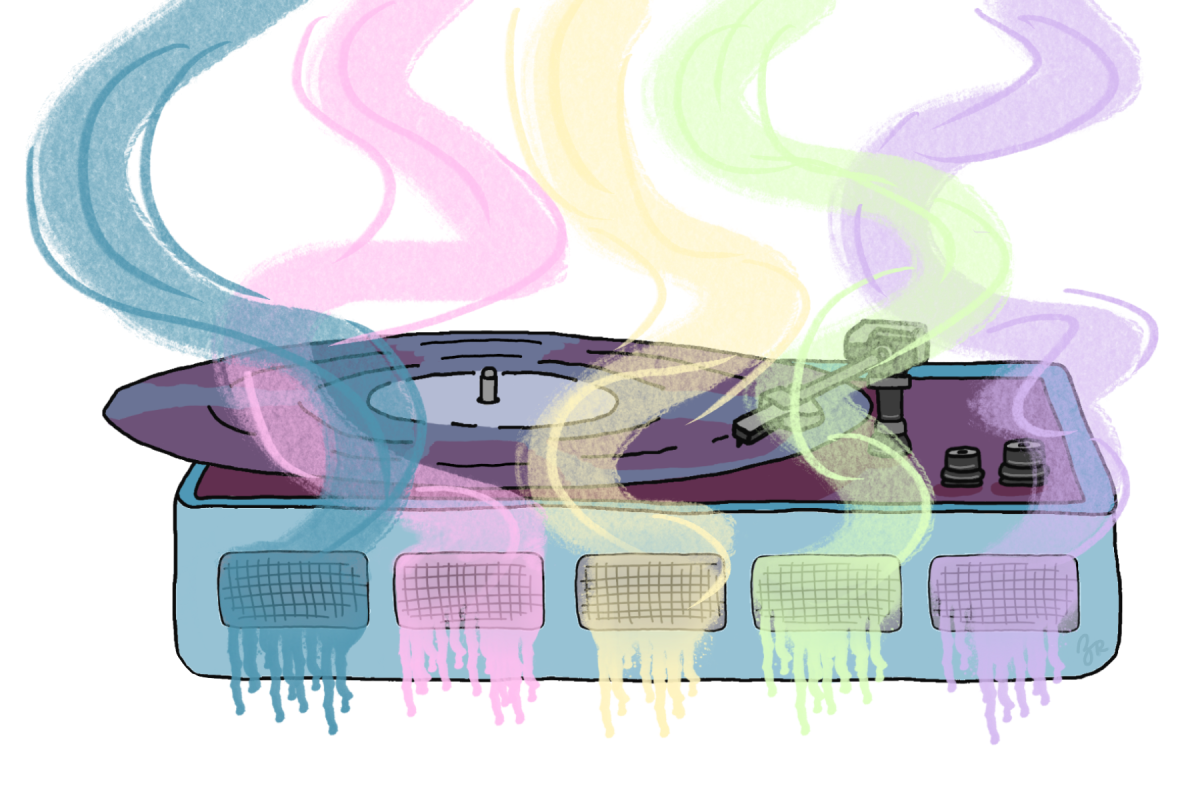Kids these days are always talking about “drip this” and “drip that,” but what about that annoying nose drip that sometimes happens when you put on a face mask? Increased leaking and a face full of fog — for fellow four-eyes — have become a sensation familiar to most. Believe it or not, this mild annoyance is a good thing and represents one of many benefits to wearing a mask that most people might not even consider.
In the age of omicron, COVID-19 remains a relevant threat. This virus’s propensity for zoonosis and mutation highlight why we should not allow it to continue lurking in the background. Stepping away from the issue, mask-wearing offers a plethora of other attention-worthy benefits, from preventing seasonal illnesses to protecting privacy.
The reason a person’s nose might drip, or their glasses might fog up, is because of the high humidity created by breathing within the mask. High humidity promotes bodily processes like mucociliary clearance, which helps clear mucus from the body. This excretion is a good thing because this mucus can be a pathway for viruses and other harmful particles to the lungs. What’s more, high humidity can cause an increase in interferon-signaling proteins, released in response to viruses, boosting the immune system. High humidity has also been found to decrease the transmissibility of viruses like the flu, itself.
Imagine your own personal sauna, strapped to your face. (Finns must wish they thought of it first.) While some of this might sound similar to hokey Facebook ads, promising surprising secrets doctors don’t want you to hear — No. 5 will shock you — these benefits of mask-wearing are not new knowledge to many cultures around the world.
Wearing masks is a common practice throughout East Asia for its variety of benefits. Japanese people have been wearing face masks for well over 100 years; this behavior has only increased in recent decades. Masks are a yearly staple among cold, flu and allergy seasons. Many Japanese people don’t have a problem with masking; for them, it’s an everyday convenience.
Another surprising benefit, masks have been shown to lower blood pressure and improve heart health. High blood pressure is a problem for 47% of American adults, and heart disease remains our leading cause of death. One reason researchers believe this may be happening is that masks filter out air pollution. Even cheap surgical masks have been shown to filter out over 60% of harmful air pollutants, like the particles found in diesel exhaust.
In urban, high-traffic and high-density environments, masks offer a major advantage in preventative health.
Everyone has days when they’d rather not deal with others. Masks can also create a social firewall for those who don’t want to be disturbed. In East Asian countries, especially among younger people, masks have become a part of an ensemble to signify their intentions. Keeping the face warm, an enhanced sense of privacy and a way to opt out of societal expectations like makeup are other potential benefits of masks. Other solutions to everyday problems only require a little creativity. In Taiwan, for instance, people wear face masks to protect against sun damage.
With so many applications and benefits, mask-wearing has been demonstrated to be a useful cultural practice, time and again.
It’s unfortunate that not wearing a mask has become a political wedge issue. Democrats have long been regarded as bad cheerleaders. If anything, they may sometimes hurt causes with their support. The utility of masks is something all sides of the political aisle should be able to get behind. Many Republican strongholds like Texas, Alabama and Wyoming had no problem issuing mask mandates at the onset of the pandemic, only to repeal them after they became associated with partisan politics. In some regards, we need to return to a pre-COVID-19 attitude toward masks and then, using knowledge of mask’s many benefits, build on that.
Zachary Freeman is an anthropology senior and opinion columnist for The Battalion.
















